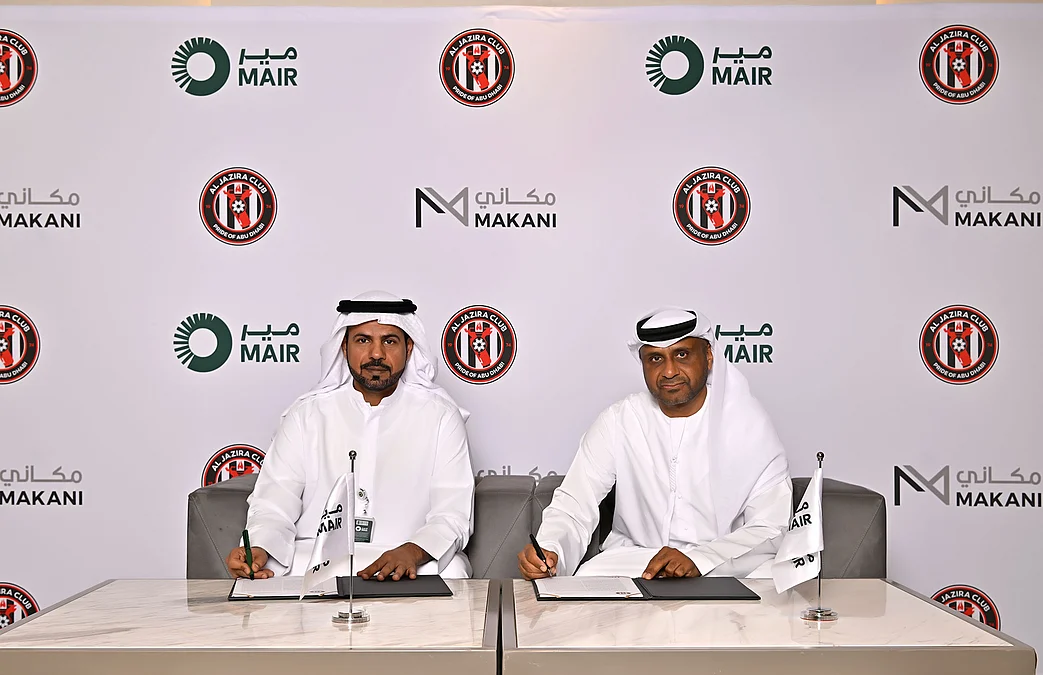By Tamzen Isacsson
Copyright newstatesman

Across the world, Britain’s brand is hugely respected. But what is behind our international standing?
Economic might plays a part, of course. As one of the world’s largest economies, the UK is a financial services hub and major destination for foreign investment. Our cultural exports reach every corner of the globe – the world wants to listen to our bands, follow our sports teams and watch our TV shows.
But there is something that adds hugely to this global influence, a quieter force that deserves greater recognition: our professional services. Often overlooked, “professional business services” encompass a wide range of high-value expertise exported globally. This ranges from architecture and law to accounting and management consulting, the sector represented by the trade body I lead.
These firms are not just supporting global clients, they are building global infrastructure, delivering international events, reorganising multinational organisations, and much more.
UK consulting companies now form the second largest hub worldwide, after the US. Over the past five years, our member firms have tripled their exports. Today, they are achieving record overseas sales, with revenues doubling in the Middle East and surging across North America and Asia.
Why do governments and global businesses choose British advice over local alternatives? The answer is consistent: a commitment to excellence, integrity and trust. For many, the Union Flag is more than a national symbol: it’s a kitemark of credibility; an indication of talent, high standards and accountability. This reputation is a boon for all businesses, not just those in our sector, with over half of UK exporters reporting that Brand Britain boosts their sales.
While overseas work now accounts for a quarter of our member firms’ revenue, its impact goes far beyond economics. These services are vehicles for British values, advancing education, inclusion, resilience and fairness around the world.
Consider Mott MacDonald’s collaboration with the Foreign, Commonwealth and Development Office in South Sudan. The company’s programme didn’t just raise girls’ school enrolment from 38 per cent to 49 per cent, it also supported efforts towards universal education in one of the world’s most challenging contexts.
When Arup assisted in the delivery of the 2019 Pan and Parapan American Games in Lima, it wasn’t simply salvaging a troubled project, it was applying lessons from London 2012, sharing the spirit and standards of one of the most celebrated Olympic Games in history.
BAE Systems Digital Intelligence, meanwhile, has trained agencies across the Indo-Pacific region, including under-represented groups, in cybersecurity. Not only does this work strengthen global resilience, it also promotes access to critical technologies, echoing Britain’s tradition of upholding the rule of law.
And when PwC was invited to help reform Saudi Arabia’s public health system, the company came equipped with the ethos of the NHS, championing equitable access to care and better outcomes for patients.
The government has begun to recognise the global power of our sector, and support for our role is growing. Last year, professional services were recognised as a “growth-driving” priority in the UK’s Industrial Strategy, which included new initiatives to champion our work internationally.
But there is more to be done. We urge policymakers to speed up efforts to reduce trade barriers, particularly by improving mobility, market access and mutual recognition of professional qualifications, as seen in the recent UK-US mutual recognition agreement for engineers.
We also call for a more visible and confident promotion of our services abroad, through targeted campaigns, trade missions and diplomatic engagement, just as we’ve seen with other sectors.
We are pleased that the government has included a Professional and Business Services (PBS) Sector Plan in its Industrial Strategy and we look forward to working with leaders to accelerate tech adoption, open up procurement to SMEs, and cement the UK’s global leadership in services.
We argue that if we are serious about driving excellence, productivity and global competitiveness in professional services then we must also back chartered status in consulting as a cornerstone in the Industrial Strategy. The Chartered Management Consultant (ChMC) accreditation is a rigorous, independently verified standard that guarantees ethical practice and value for money.
Backing ChMC not only strengthens the UK’s consulting sector at home, but also increases its exports potential abroad, aligning perfectly with the goals of the new PBS Sector Plan. It seems, therefore, that politicians and policymakers are beginning to recognise what the world already knows: UK professional services are as influential as our universities establishing campuses overseas, our diplomats opening missions in under-served regions, our sports teams gaining global fans, and our artists reaching new audiences.
When we export our services – as with education, diplomacy and culture –we promote our principles, standards and values. In these complex and dangerous times, surely that matters more than ever. After all, who do we want advising governments on artificial intelligence? British consultants, who are pioneering its safe and ethical adoption, or someone else? Who should deliver critical infrastructure abroad? British firms, who helped define global building standards, or someone else?
The answers, I believe, are clear. Let’s back the best of British. With the right support, our professional services can continue to shape a better world – quietly, confidently and with lasting impact.



